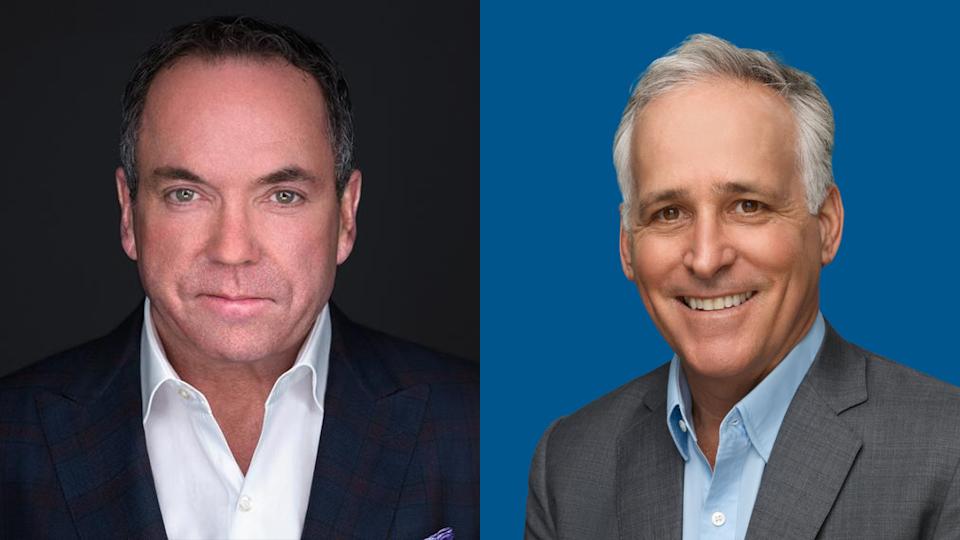Guth named COO as Bayer revamps top pharma team

Bayer chief executive Bill Anderson has followed through on a pledge to streamline the group’s management, starting at the very top with a big reduction in the pharma unit’s leadership team.
Sebastian Guth is promoted to the role of chief operating officer, with overall responsibility for commercial operations, from his previous role as head of Bayer’s pharma division in the US. Meanwhile, a new ‘global commercialisation’ unit bundling together oncology, marketing, digital, and parts of medical affairs and pharmacovigilance is being set up and will be led by Christine Roth, previously head of oncology.
Both will report to pharma division president Stefan Oelrich, who remains in post, as does Christian Rommel, head of pharma R&D, and Holger Weintritt, who manages Bayer’s product supply operations. According to a report in German newspaper Handelsblatt, the pharma management team has shrunk from 11 to five.
The move affects the most prominent figures in Bayer’s pharma management, but is just a small part of Anderson’s ‘Dynamic Shared Ownership’ (DSO) strategy, announced last year, which aims to reduce around a dozen layers of management between the CEO and the group’s customers at present to just five or six.
In the company’s fourth-quarter results update, executive board member Heike Prinz said that Bayer had 17,000 managers out of a workforce of around 100,000, around one-third of whom are leading small teams of four or fewer employees.
“This not only creates complexity, but it also showcases the underlying challenges of a hierarchical model,” she said, pledging to “flip the script” across Bayer’s pharma, agrochemicals, and consumer healthcare divisions.
The aim is to eliminate bureaucracy and speed up decision-making in the group, which is labouring under high levels of debt, lacklustre cash generation, a thin pipeline, looming patent expiries on big-selling drugs, and the hangover of its $63 billion acquisition of agrochemical company Monsanto that has exposed it to liability litigation.
Giving just one example, Prinz said that in the US pharma division, the number of managers had been reduced by 40%, with each now responsible for 15 to 20 workers, rather than eight to nine. The resulting ‘micro-enterprises’ have greater autonomy and flexibility to “address unique market dynamics and opportunities,” she added.
From 2026, the DSO project is expected to save around €2 billion ($2.2 billion) in organisational costs every year. In its 2023 results update, Bayer reported 2023 full-year sales fell 6.1% to €47.6 billion ($51.8 billion), and said it is anticipating another 9% fall this year on generic competition and pricing pressure in the agrochem division.













